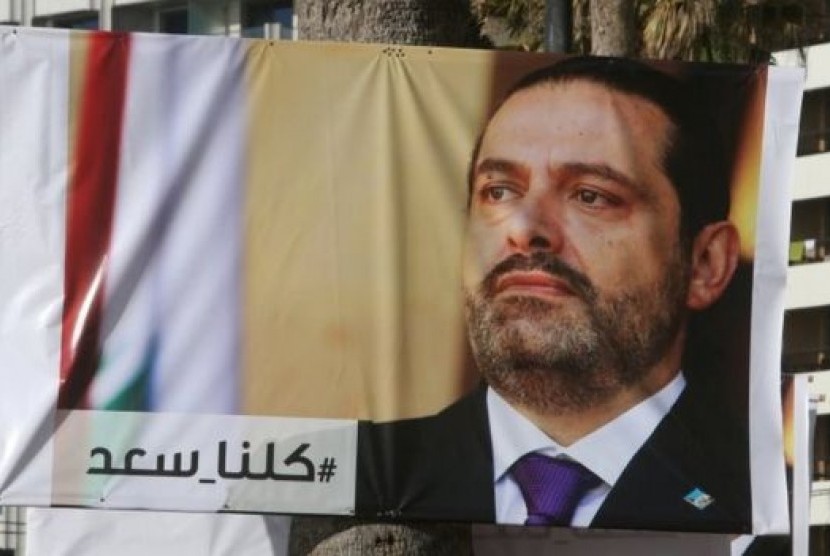REPUBLIKA.CO.ID, CAIRO -- Saudi Arabia and other Arab foreign ministers criticised Iran and its Lebanese Shi'ite ally Hezbollah at an emergency meeting in Cairo on Sunday, calling for a united front to counter Iranian interference.
Regional tensions have risen in recent weeks between Sunni monarchy Saudi Arabia and Shi'ite Islamist Iran over Lebanese Prime Minister Saad al-Hariri's surprise resignation, and an escalation in Yemen's conflict.
Hariri, a Saudi ally, resigned on Nov. 4 from Riyadh, accusing Iran and Hezbollah of spreading strife. But Lebanese President Michel Aoun and other politicians accused Saudi Arabia of holding Hariri hostage and said he had been coerced into resigning. Saudi Arabia and Hariri both deny that.
Hezbollah, both a military force involved in Syria's war and a political movement, is part of a Lebanese government made up of rival factions, and an ally of Aoun.
Saudi Arabia also accuses Hezbollah of a role in the launch of a missile towards Riyadh from Yemen this month. Iran denies accusations that it supplies Houthi forces there.
"The kingdom will not stand by and will not hesitate to defend its security," Saudi Arabia's Foreign Minister Adel Jubeir told the assembly. "We must stand together."
The emergency Arab foreign ministers' meeting was convened at the request of Saudi Arabia with support from the UAE, Bahrain, and Kuwait to discuss means of confronting Iranian intervention.
In a declaration after the meeting, the Arab League accused Hezbollah of "supporting terrorism and extremist groups in Arab countries with advanced weapons and ballistic missiles." It said Arab nations would provide details to the U.N. Security Council of Tehran's violations for arming militias in Yemen.
Lebanon's Arab League representative objected to the declaration accusing Hezbollah of terrorism and said it is part of Lebanon's government, the Hezbollah-affiliated al-Manar television channel reported.
United Arab Emirates' Minister of State for Foreign Affairs Anwar Gargash said on Twitter later that the declaration was a "clear message" about joint Arab action against Iran.
Yemen's civil war pits the internationally recognised government, backed by Saudi Arabia and its allies, against the Houthis and forces loyal to former president Ali Abdullah Saleh.
"Iranian threats have gone beyond all limits and pushed the region into a dangerous abyss," Arab League Secretary General Ahmed Aboul Gheit said.
"Unfortunately countries like the Saudi regime are pursuing divisions and creating differences, and because of this they don't see any results other than divisions," Iranian Foreign Minister Mohammad Javad Zarif told Iranian state media on Sunday on the sidelines of a meeting in Antalya.
Egypt's foreign minister received a call from U.S. Secretary of State Rex Tillerson on Sunday when they also discussed regional tensions over Lebanon, the foreign ministry said in a statement.
After French intervention, Hariri flew to France and met President Emmanuel Macron in Paris on Saturday. He will arrive in Cairo for a visit on Tuesday, his office said.
Speaking in Paris, Hariri said he would clarify his position when he returns to Beirut in the coming days. He said he would take part in Lebanese independence day celebrations, scheduled for Wednesday.


